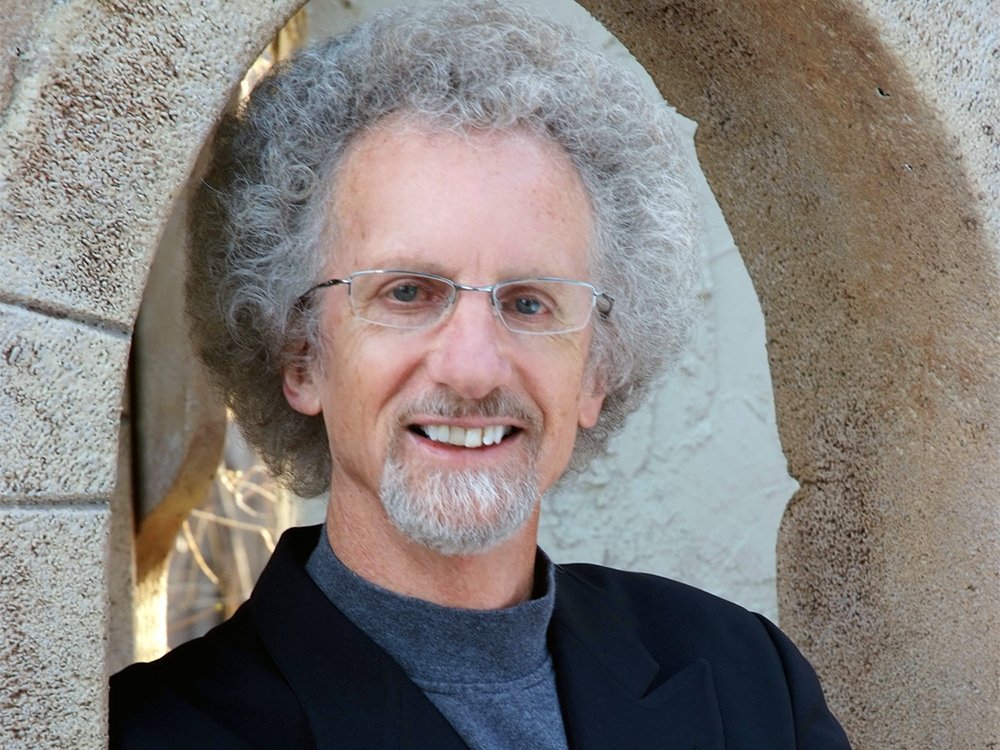
Philip Yancey’s bestselling books almost always gravitate toward two subjects: suffering and grace.
His new memoir, Where the Light Fell – a harrowing account of his upbringing in the fundamentalist subculture of the American South – reveals why those two themes came to dominate his life.
Until he reached his 20s, Yancey had experienced a great deal of suffering and very little grace.
His young father succumbed to polio in 1950. His mother Mildred flung herself onto her husband’s grave and made a promise to God.
Just as the Bible heroine Hannah had dedicated her little boy Samuel to a lifetime of spiritual service, she vowed that her two sons – three-year-old Marshall and one-year-old Philip – would one day serve on the mission field in Africa. She resolved never to remarry. She would never lose faith. She would do everything possible to ensure her boys fulfilled their spiritual destiny.
That resolution turned into a rough ride for mother and sons.
The Yanceys were poor. They lived in a trailer that was parked close to their small Georgia church. By the time he was in high school, it dawned on Philip that he was what people called “white trash.”
It wasn’t easy for a single mom to raise a pair of teenage boys in the 1960s, especially as rock and roll, the civil rights movement, drugs, and the counterculture crashed like tidal waves against their fundamentalist bubble. Mildred was confident she knew what was best. At one point she declared she had not sinned for 12 years.
But as her sons increasingly disappointed her, she became increasingly angry. She literally cursed them for failing to live up to the vow she had made on their behalf.
Marshall ultimately abandoned any pretense of believing in God. He and his mother have not spoken to each other for more than 50 years.
Philip – cringing under the certainty that a wrathful God would one day punish him for failing to measure up – tried to bury his darkest doubts. But even as he attended a fundamentalist Bible college in South Carolina, he recognized that such a deity could never be a source of peace and joy in his life.
Looking back, Yancey realizes he was looking with longing on the “outside world” the way a North Korean citizen today might look with longing on the freedom and decadence of South Korea.
Then something unexpected happened. Actually, three “somethings” happened.
Philip found himself entranced by natural beauty, savoring long walks in the woods. He was moved by the transcendent power of classical music. And he fell in love with a young woman named Janet, who would one day become his wife.
Nature, music, romance.
The title of Yancey’s memoir springs from a statement by Augustine of Hippo, the first great theologian of the early Church. Before he met Christ, Augustine was ravished by a love of art, food, romance, and philosophy. He said concerning those years, “I had my back toward the Light, and my face toward the things on which the light falls.”
Augustine celebrated the goodness of created things. Even though he was oriented 180 degrees away from God, he gradually came to realize that the God he didn’t believe in was shining His light on the works of His hands – a discovery which eventually prompted Augustine to turn around.
The same thing happened to Philip Yancey.
It wasn’t his Bible college classes that convinced him God was real and could be trusted.
Yancey was captivated by a Creator who has filled His world with good and beautiful gifts. In Philip’s case, God’s light fell upon nature, music, and romance – which prompted him to turn around and seek their Source.
Although his upbringing was filled with pain, fear, and rage, the author of What’s So Amazing About Grace? and The Jesus I Never Knew “cannot stop writing about grace.”
Philip came to love God not out of obligation but from a deep well of gratitude.
“At its heart,” he writes, his memoir is about “the possibility of healing, and the hope that nothing in a person’s life need go to waste.”
Against all odds, he concludes, God’s astonishing love can still find us.
